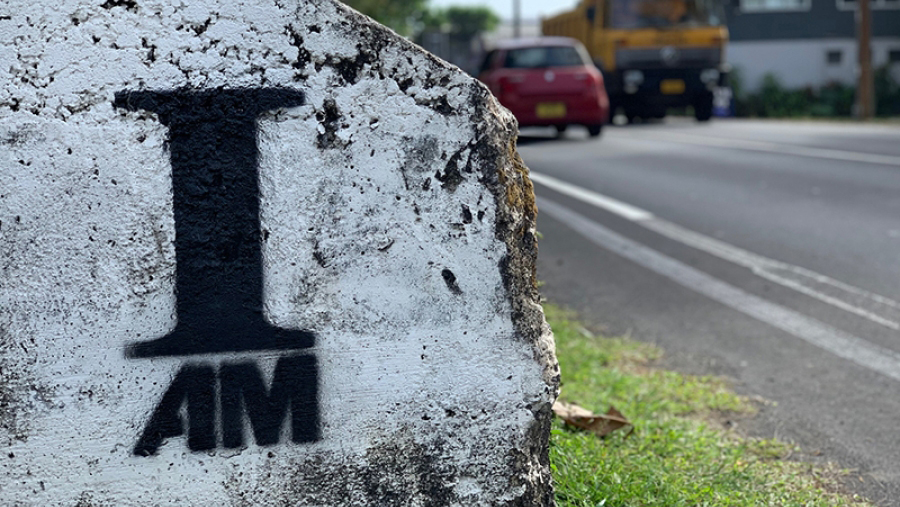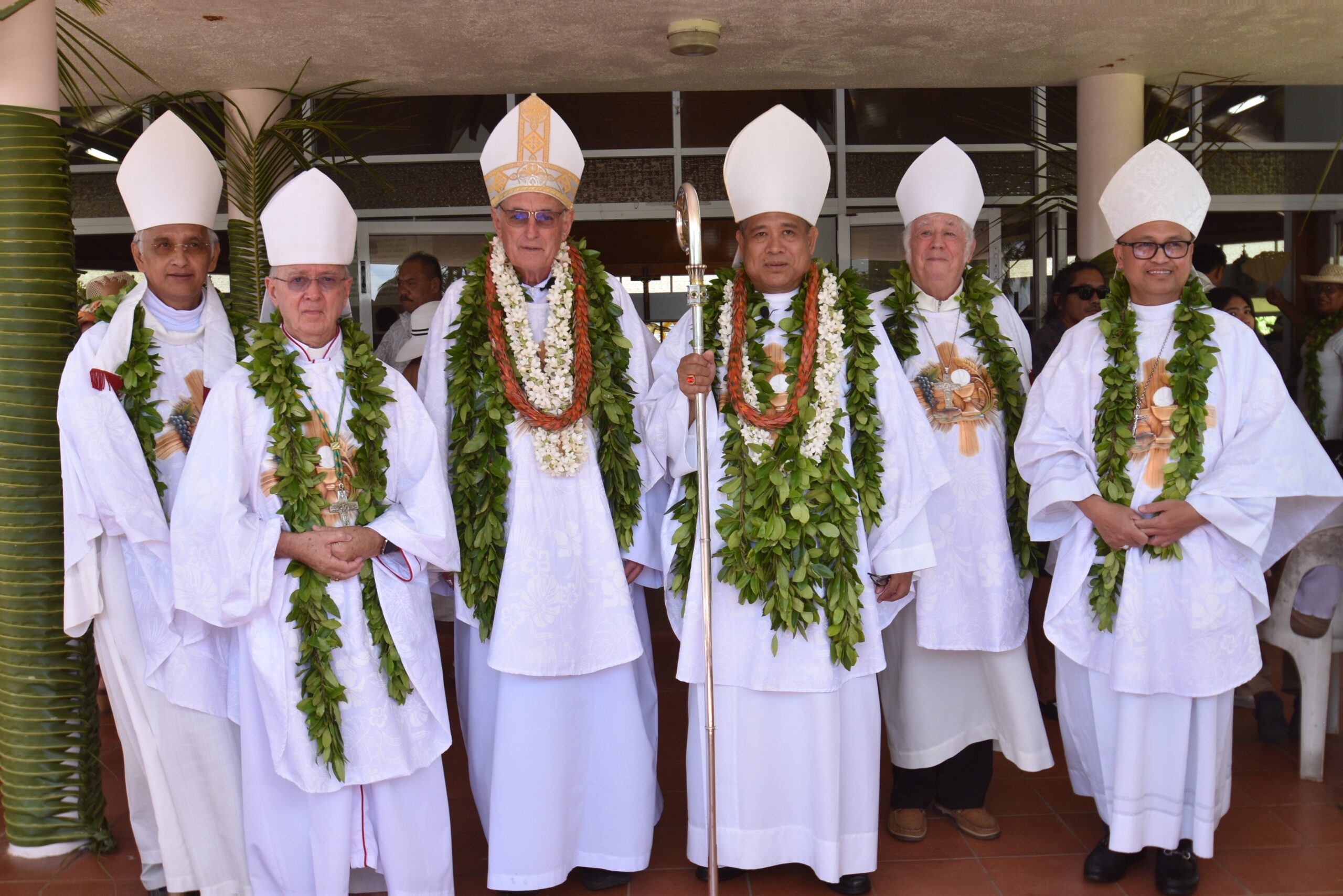What Christ has done for us
Friday 10 December 2021 | Written by Supplied | Published in Editorials, Opinion

Jesus is the great 'I AM'. Image/SUPPLIED
Reflecting on our past, we have also come a long way being the fruits of Christianity and the works of the ancestors, writes Reverend Vakaroto Ngaro of Ekalesia Avarua.
Reading through Colossians 1, Paul, by the will of God, expresses great joy, grace and peace to all his colleagues and friends in the Church in Colossae. An apostle of Jesus Christ: Paul was qualified to write this letter of instruction to the Colossians, though he had never met them personally, because he was an apostle. Timothy joined in the salutation, yet he has never been understood as having any part in composing this epistle. He has been considered as the amanuensis or scribe of the apostle.
When Paul addressed the saints, he did not separate some Christians from others in the Colossian church. Every true Christian is a saint. However, Paul may make a distinction with the phrase ‘faithful brethren’. He may refer to those who haven’t embraced the false teaching that concerned Paul so much in this letter. Paul wrote because there were problems among the Christians in Colossae, as “The Colossian Heresy” is difficult to precisely describe. It probably was a corruption of Christianity with elements of mystical and legalistic Judaism, perhaps combined with early Gnosticism.
The first-century religious environment was much like our own religious mixing, with people borrowing a little from this religion and a little from that religion. From these sources, we learn that Epaphras was responsible for bringing the gospel to the Colossians (Colossians 1:6-7). Perhaps Epaphras heard the gospel himself when Paul was in Ephesus. As Paul taught in the lecture hall of Tyrannus, all the residents of Asia heard the word of the Lord (Acts 19:10). It would not be surprising if some people from Colossae heard the gospel at that time.
Historically speaking, Colossae was a prosperous city, and famous for its fabric dyes. Yet by Paul’s time the glory it had as a city was on the decline. Adam Clarke, a British Methodist theologian, adds an interesting comment: “That this city perished by an earthquake, a short time after the date of this epistle, we have the testimony of Eusebius.” Eusebius was the father of Church History. According to Scottish biblical scholar F.F Bruce: “Grace is God’s unconditioned goodwill toward men and women which is decisively expressed in the saving work of Christ.” Paul didn’t need to see, meet or directly know these Christians in order to love them and be concerned for them.
Though he had never met most of them, he prayed for them not only often, but always. Paul was thankful for their faith in Christ Jesus and their love for all the saints. Genuine faith in Jesus will always result in true love for God’s people as a companion. We notice the familiar triad of faith, hope, and love. These were not merely theological ideas to Paul; they dominated his thinking as a Christian. Paul was thankful that their eternal destiny was affected by the truth of the gospel, brought by Epaphras who was also described as a faithful minister of Christ.
Paul petitions God on behalf of the Colossians and for this reason we also, since the day we heard it, do not cease to pray for you and to ask that you may be filled with the knowledge of His will in all wisdom and spiritual understanding; that you may walk worthy of the Lord, fully pleasing Him, being fruitful in every good work and increasing in the knowledge of God; strengthened with all might, according to His glorious power, for all patience and longsuffering with joy.
He also prayed that they would live according to the same knowledge they received, living out a walk worthy of the Lord. This is a familiar pattern, repeated over and over again in the New Testament. Our walk is based on our knowledge of God and our understanding of His will. This is an echo of Jesus’ thought in John 15:7-8: “If you abide in Me, and My words abide in you, you will ask what you desire and it shall be done for you. By this My Father is glorified, that you bear much fruit; so you will be my disciples.”
Reflecting on our past, we have also come a long way being the fruits of Christianity and the works of our ancestors. They have carved our identity with great zeal, piety, integrity, and philanthropy which to the glory of our God made us who we are today. We were delivered from the power of darkness, we have redemption through His blood. It also enabled us to celebrate 200 years of the arrival of Christianity to our shore. As noted in our Pure Epetoma for 2022, the main theme is “Ta te Evangelia i rave i te Kuki Airani nei” Glory to God.








































